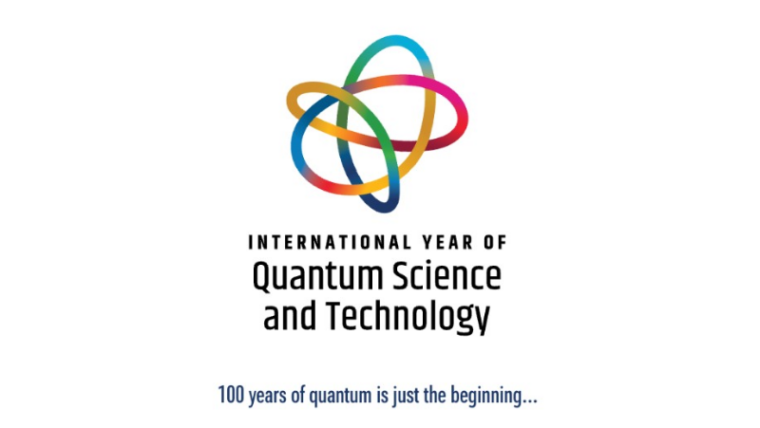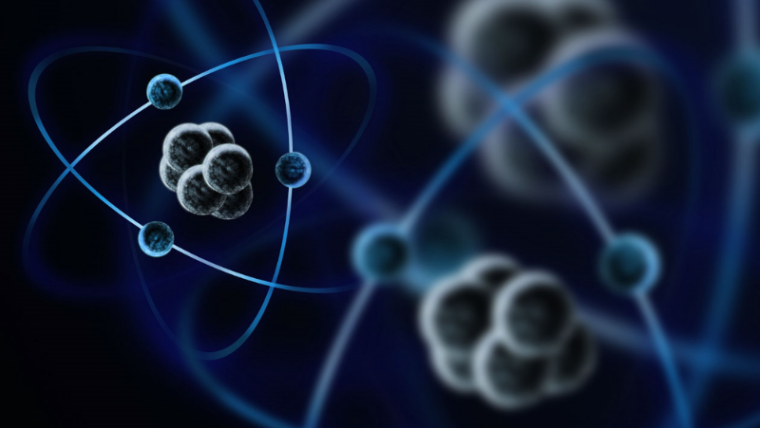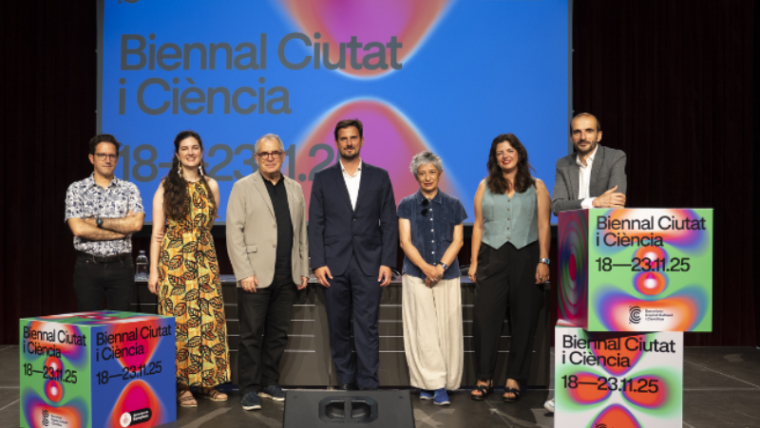The Biennal Ciutat i Ciència will put the finishing touch to an entire course full of quantum
This 2025 is the International Year of Quantum Science and Technology with multiple activities.

The concept of atomic particles, photons or quanta, or wave functions, often remains very distant from citizens, despite being part of everyday life. These different elements that are not perceived but happen are present at all times and interact with people’s lives and senses. Thanks to them, devices or apparatuses that facilitate diagnosis or communications evolve and progress, now with greater intensity, and would not be possible without the exponential leap that the enormous package of concepts that includes quantum physics is experiencing in this 21st century. A science that officially appeared a hundred years ago, with the work of Werner Heisenberg, Max Born and Pascual Jordan who conceives the properties of particles as matrices that evolve in time and that culminates a pioneering period of postulates about a groundbreaking science with Newtonian physics.
To commemorate this, at an event on June 7 last year, UNESCO proclaimed 2025 as the International Year of Quantum Science and Technology.
International Year events
This event, which is now in its final months, was born with the clear objective of making visible the importance that quantum physics has had and will have for all of humanity and transferring it to all audiences so that they can access it. The desire to transcend the differences between the global north and south and to spread transversally this legacy that is now evolving in a second stage of emergence (the second revolution) has driven events in all parts of the planet.
In Barcelona, the different activities began with the opening day, on February 21, with a debate on the past and future of this subject at the Palau de la Generalitat with the participation of scientists, companies and institutions. Later, events have been held for all audiences, many of which were led by the UB Research Center, such as a training project on nanotechnology aimed at ESO and Baccalaureate students and teachers (Nanoeduca, April 1), the Nanoscience and Nanotechnology Festival (10alamenos9, May 9 and 10 at CosmoCaixa), or the Visions de Ciència cycle that has brought seven conferences to various libraries.
On a more visual level, the BIST (Barcelona Institute of Science and Technology) has designed a set of illustrated posters to introduce quantum principles to high school students: Quantum Science for Schools.
Among the upcoming events, the 8th International Conference for Young Quantum Information Scientists (YQIS25) will take place from October 6 to 10, a conference aimed at doctoral students and young researchers organized at the LIV Student in Sarrià by the Institute of Photonic Sciences (ICFO). And, at the beginning of December, between the 3rd and 5th, CosmoCaixa will host the Quantum Education Summit, a new momentum event that will feature different experts and conferences, workshops and round tables.
The Biennal as a culmination
And in the midst of all this, the Biennal Ciutat i Ciència will be the great meeting and turning point of this year. It will take place in Barcelona and Madrid simultaneously, between 18 and 23 November, and will also extend to Mexico, within the framework of the Guadalajara International Book Fair (from 29 November to 7 December).
Among the ambitious program of activities aimed at all audiences, the central theme will be quantum mechanics. The intention is to delve deeper into the novelties of this great revolution with technologies that progress at high speed such as computing, quantum sensors, health diagnostic devices or the world of communications. All this to highlight the century of history, the founding principles and the footprint that this science has left and explore the new possibilities that quantum inventions now open up for the future.
The City and Science Biennial (Biennal Ciutat i Ciència) in Barcelona will have as its central point the space of El Born and will extend to other places of the Ciutadella Knowledge Hub such as the Hivernacle or the UPC Campus, and also to the Convent of Sant Agustí, on carrer Comerç. The program, which will be detailed in October, will include events ranging from exhibitions, to debates, workshops, conferences or shows and will include themes and forms for all ages.



